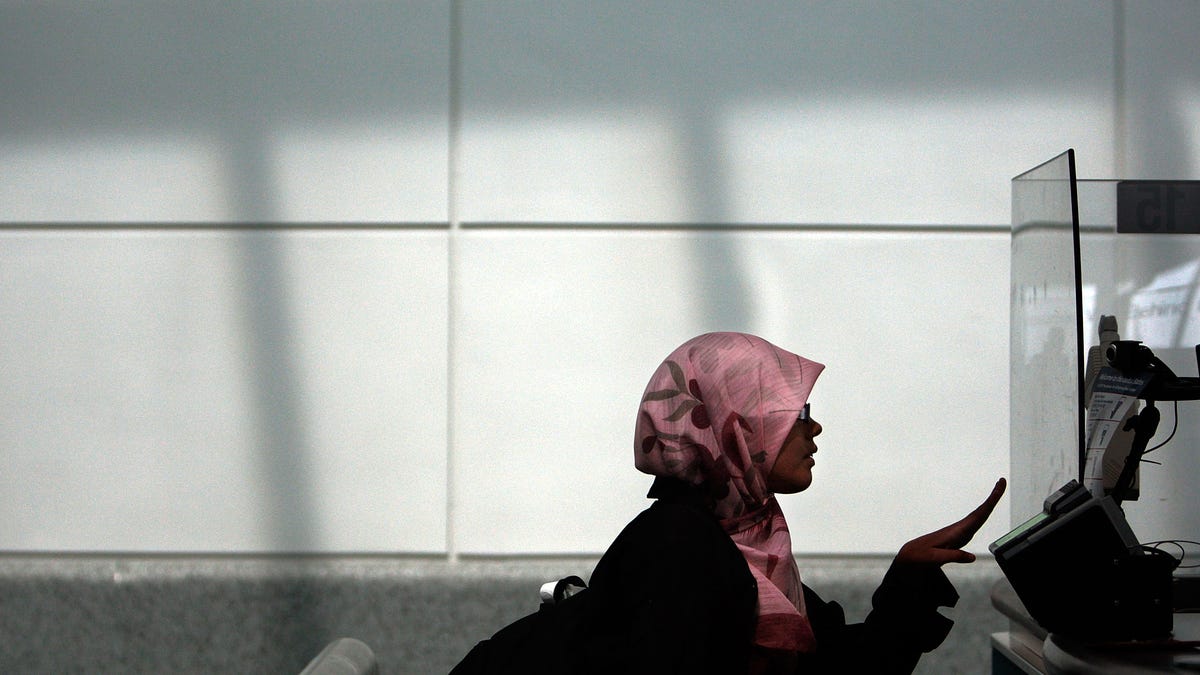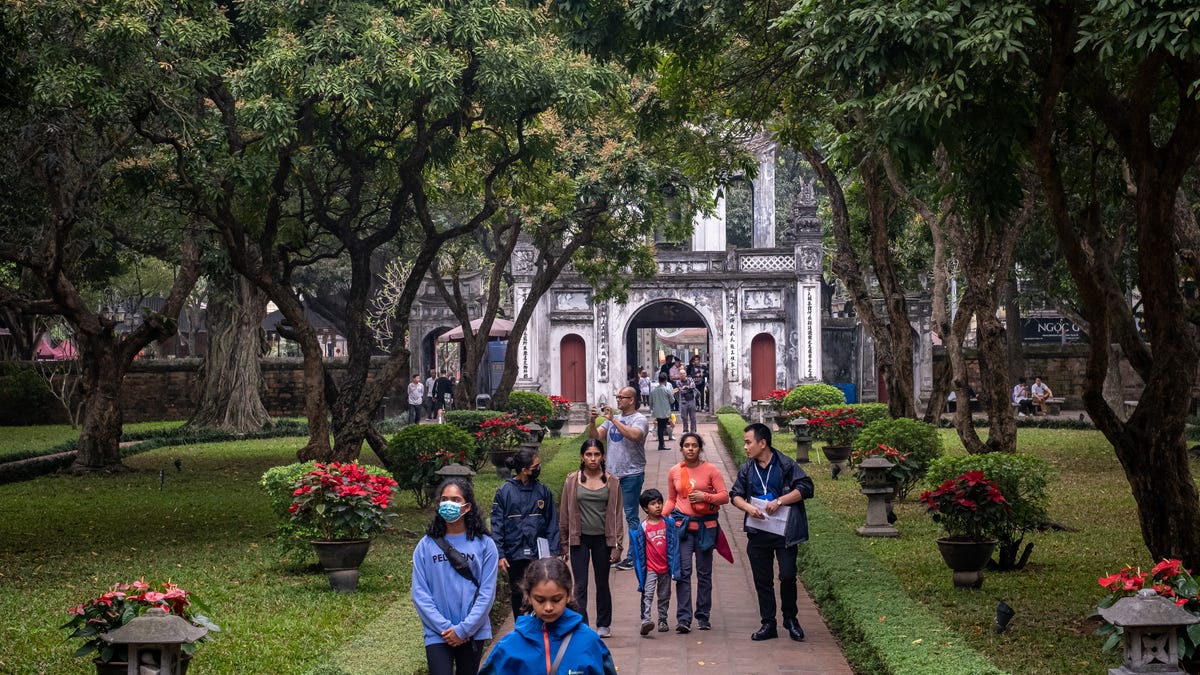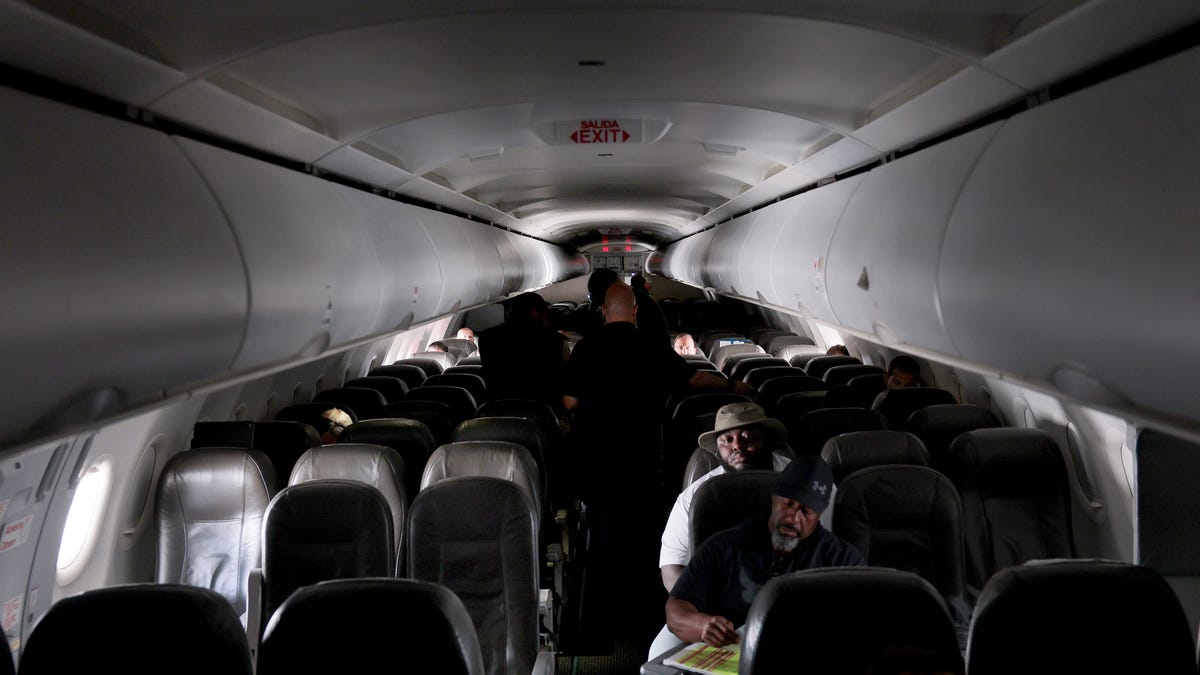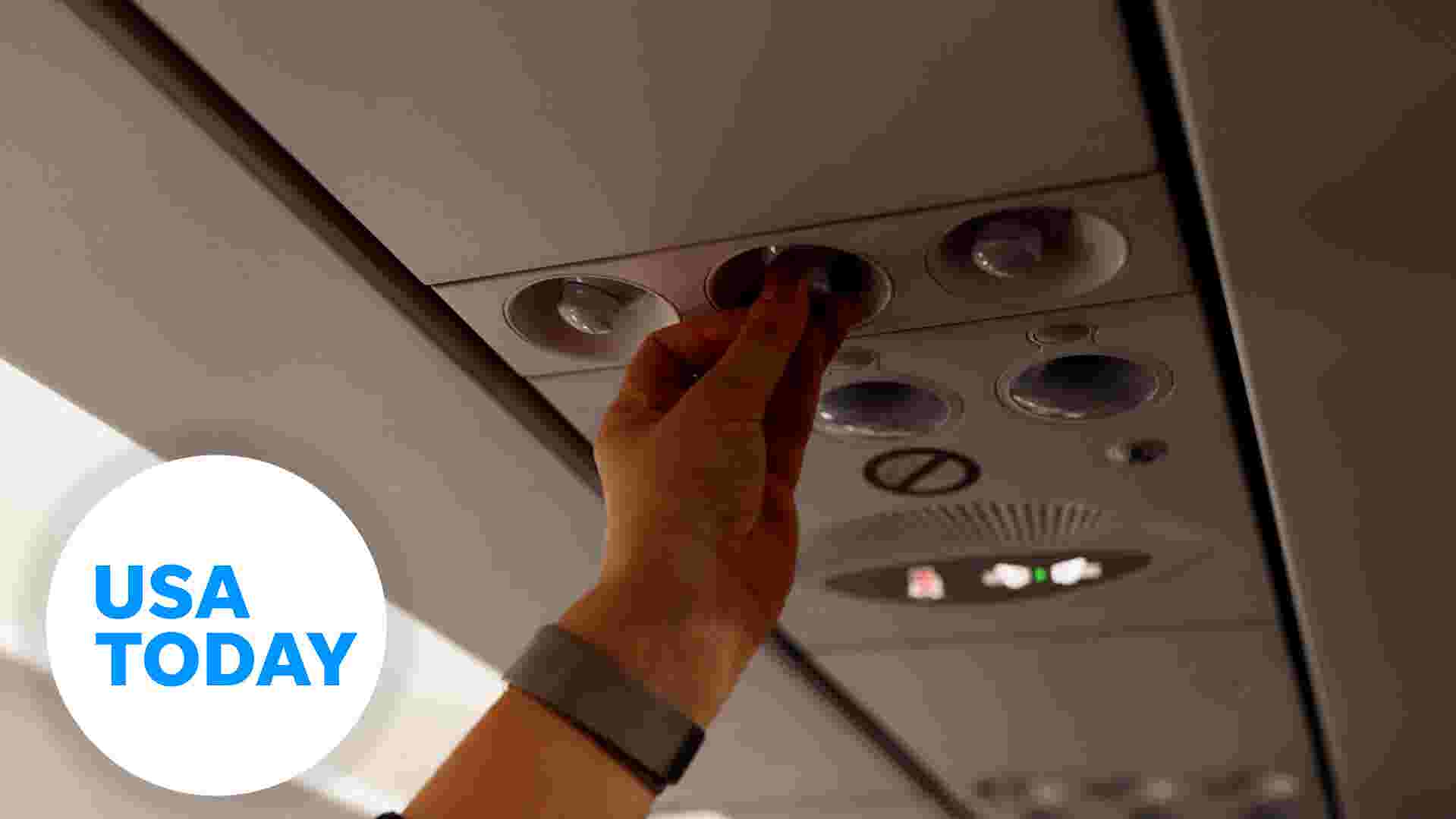
Can a border patrol officer look through your phone and other devices?
U.S. Customs and Border Protection officers can go through your phone, including any deleted items on the device.
- U.S. Customs and Border Control is increasing scrutiny of travelers’ electronic devices, including social media, at border crossings.
- While CBP claims these searches are rare, legal experts suggest they are becoming more common, raising concerns about freedom of expression.
- Visa applicants are required to make their social media accounts public, while U.S. citizens and lawful residents can choose to make their accounts private or delete apps before crossing the border.
Could a social media post or retweet get you turned away from entering the U.S.? This type of question is on many travelers’ minds as they currently face bolstered screenings at the country’s borders.
Under the Trump administration’s sweeping directive to increase national security at the beginning of the year, U.S. Customs and Border Control has stepped up its vetting of travelers entering the country, including the searches of their electronic devices. These searches have long been permitted, but some legal experts say they are becoming more common – and with higher scrutiny.
Whether a visitor or U.S. citizen, anyone is subject to an inspection at U.S. ports of entry – without the need for a warrant – to verify their identity and any potential risk to national security, according to the agency. “CBP follows strict policies and directives when it comes to searching electronic media,” Assistant Commissioner Hilton Beckham said in a statement to USA TODAY. “These searches are rare, highly regulated, and have been used in identifying and combating serious crimes, including terrorism, smuggling, human trafficking, and visa fraud.”
Recent detainment and deportation cases of everyday international travelers, along with the government announcing it will screen the social media of immigrants and visa applicants in April, are worrying some travelers – including some U.S. citizens – that something they share online could lead to consequences at the border.
Esha Bhandari, deputy director of the American Civil Liberties Union Speech, Privacy, and Technology Project, calls this a “chilling effect on the freedom of expression,” as travelers are unsure how CBP could take their social media profiles and public opinions.
Here’s what travelers should know about social media and border control.
Can border agents look at my social media accounts?
Yes, they can – and might if your accounts are readily accessible. “For the average traveler, I think the most important thing to be aware of is that you are subject to these searches without the government having to claim any particular suspicion, in particular for manual searches, which can be very invasive because they can reach your social media, they can look at your photos, and they can do that under the current status of law,” said Bhandari.
Anecdotally, Bhandari has heard of incidents where travelers have been stopped and questioned by border agents about what’s on their social media without their phone devices being searched on the spot. “I think that is evidence that some people have had their social media reviewed in advance,” she said.
Do I have to make my social media account public to cross US borders?
Yes and no, it depends on your immigration status.
Think of it this way: in a basic search, which is most common, agents can only look at what’s on a traveler’s physical device, not stored in the Cloud. There’s also no requirement to have social media on your phone. So, a lawful resident or U.S. citizen could very well clean up their profiles, turn them to private, log out, or delete the apps ahead of time if they wanted to block access.
However, visa applicants and visitors are afforded less leeway when it comes to their social media being vetted. Since 2019, the U.S. has required non-immigrant visa applicants, such as those on work exchange or students, to make their social media accounts public “to facilitate vetting necessary to establish their identity and admissibility to the United States under U.S. law,” according to the U.S. State Department.
Can I refuse to have my phone searched?
Yes, travelers don’t have to hand over or unlock their phones, but they also may be denied entry into the U.S. based on their immigration status. Visitors and non-visa holders could be turned away for refusing to undergo a device search, but U.S. citizens and lawful permanent residents are legally entitled to be allowed into the country.
Keep in mind that officers have the power to confiscate a device for weeks on end – even those of U.S. citizens – and while they should have “at least reasonable suspicion of wrongdoing,” that’s not always the case in real life, according to Bhandari. (If this happens, travelers should write down the officer’s name and badge number to report the incident.)
“We do recommend thinking in advance and having a plan if you’re asked for the device and assessing, you know, do you want to risk that it’s seized but not give out the password versus you do need to give the password, you need your device,” she said.
Should I scrub my phone and social media before traveling?
That’s up to you as a traveler, and you may also want to consider your immigration status. Even if the government thinks it’s odd to have an empty phone or no social media, there’s no legal requirement to have apps or sensitive information on your phone when entering the country. As Bhandari put it: “Nobody is forced to carry certain data on their devices at the moment they cross the border.”
Again, non-citizens have fewer rights at the border and are recommended to have the contact of an immigration attorney written down, just in case.
This story was updated to fix a typo.









